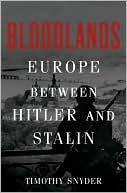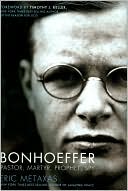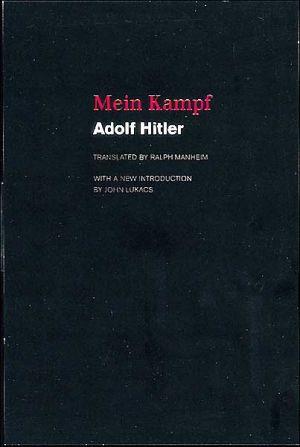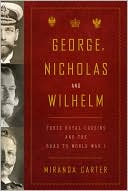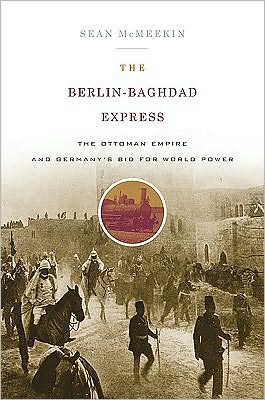We Remember with Reverence and Love: American Jews and the Myth of Silence after the Holocaust, 1945-1962
Search in google:
It has become an accepted truth: after World War II, American Jews chose to be silent about the mass murder of millions of their European brothers and sisters at the hands of the Nazis. Whether motivated by fear, shame, or the desire to assimilate, the Jewish community in the United States simply did not memorialize the Holocaust until the Eichmann trial and the 1967 Arab-Israeli War made it socially acceptable for them to do so.In a compelling work sure to draw fire from academics and pundits alike, Hasia R. Diner shows this assumption of silence to be categorically false. Uncovering a rich and incredibly varied trove of remembrances—in song, literature, liturgy, public display, political activism, and hundreds of other forms—We Remember with Reverence and Love shows that publicly memorializing those who died in the Holocaust arose from a deep and powerful element of Jewish life in postwar America. Not only does she marshal enough evidence to dismantle the idea of American Jewish "forgetfulness," she brings to life the moving and manifold ways that this widely diverse group paid tribute to the tragedy.Uncovering a wonderfully rich and incredibly varied trove of remembrances—in song, literature, liturgy, public display, and hundreds of other forms—the NYU professor shows that publicly memorializing those who died in the Holocaust was a deep and powerful element of Jewish life in postwar America. Not only does she marshal enough evidence to utterly destroy the idea of American Jewish "forgetfulness," she brings to life the moving and manifold ways that this widely diverse group paid tribute to the tragedy.Dineralso offers a compelling new perspective on the 1960s and its potent legacy, by revealing how our typical understanding of the postwar years emerged from the cauldron of cultural divisions and campus battles a generation later. The student activists and "new Jews" of the 1960s who, in rebelling against the American Jewish world they had grown up in"a world of remarkable affluence and broadening cultural possibilities"created a flawed portrait of what their parents had, or rather, had not, done in the postwar years. This distorted legacy has been transformed by two generations of scholars, writers, rabbis, and Jewish community leaders into a taken-for-granted truth.Diner has at last recovered these vital years in American Jewish history, and radically alters our understanding not only of postwar America Jewry, but of the ways that the Holocaust and the 1960s alike continue to reverberate in our lives. Publishers Weekly An NYU professor of American Jewish history, Diner (The Jews of the United States, 1654-2000) sets out to refute what she contends is an accepted truth: that until the 1960s, American Jewry suffered from a "self-imposed collective amnesia" about the Holocaust. Diner marshals considerable evidence that American Jews were aware of the Holocaust and their culture was influenced by it, from their newspapers to youth movements, to whom speakers repeatedly invoked the Holocaust. They raised $45 million in 1945 alone to succor survivors in Europe. A 1952 commemorative Passover text from the American Jewish Congress was widely distributed and reprinted yearly in Jewish newspapers. Even Adolph Lerner's failed campaign to create a memorial in New York City demonstrates postwar American Jewish engagement with the Holocaust, Diner says. The 1961 publication of Yevtushenko's "Babi Yar" exposed both German barbarities and Soviet anti-Semitism. Diner's worthy, innovative, diligently researched work should spark controversy and meaningful dialogue among Holocaust scholars and in the Jewish community, but her vigorous defense of American Jews would pack more punch if she had devoted more space to the arguments she disputes. Photos. (Apr.)Copyright © Reed Business Information, a division of Reed Elsevier Inc. All rights reserved.
Preface ixIntroduction: Deeds and Words 11 Fitting Memorials 182 Telling the World 863 The Saving Remnant 1504 Germany on Their Minds 2165 Wrestling with the Postwar World 2666 Facing the Jewish Future 321Conclusion: The Corruption of History, the Betrayal of Memory 365Notes 391Bibliography 465Index 495About the Author 529

